Dr Clare Jolly
My research interests lie in understanding the molecular details of virus-host interactions that define the cell biology of virus infection.
Having completed my PhD on rotavirus receptors with Professor Ian Holmes at the University of Melbourne Australia, I moved to London in 2001 to take up a Wellcome Trust postdoctoral fellowship working on HIV. During my post-doc in the Sattentau lab, I showed that HIV efficiently spreads between T cell by inducing the formation of novel immune cell contacts called virological synapses.
In 2009, I moved to UCL to establish my independent group. My research since has focused on the molecular mechanisms that regulate HIV infection and spread between CD4+ T cells - the main targets for HIV in vivo. It is well accepted that the complex interaction between HIV and host cell factors not only supports replication, but also dictates viral pathogenesis that in turn leads to AIDS.
Work in my lab aims to determine precisely how HIV hijacks the normal cellular machinery of T cells to drive efficient viral replication and spread, and the biological consequences thereof. My research is underpinned by expertise in molecular virology, cell biology and advanced imaging.
Postdocs and Senior Scientists
Dr Ann-Kathrin Reuschl
As an immunologist, my research focusses on understanding how pathogens and our immune system interact and affect each other. I started working on infectious diseases during my Master’s project in Martin Rottenberg’s lab at Karolinska Institutet in Stockholm, where I interrogated immune signaling cascades during tuberculosis infection. During my PhD with Ajit Lalvani at Imperial College London, I continued to work on TB and the early post-infection events with a focus on primary human airway epithelial cells. As a post-doc in Dr. Clare Jolly’s lab I study immune regulation at the T cell virological synapse induced during HIV infection. When I’m not pipetting, I am spending my time playing volleyball or doing archery.Dr Dejan Mesner
I am a post-doc in Clare Jolly’s lab. My research is focussed on understanding what makes a T cell permissive for HIV-1 infection. I am also working on host cell restriction factors targeting SARS-CoV-2. During my PhD in the Jolly lab, I investigated synaptic signaling and T cell activation during HIV-1 cell-to-cell spread and the role of the viral accessory protein Nef, and showed how loss of Nef-mediated CD3 down-regulation in the HIV-1 lineage increases viral infectivity and spread. I completed my undergraduate studies in Biochemistry at Oxford and a Masters project in Nicole Zitzmann lab. In my spare time I like to enjoy nature, which includes cycling, hiking and running. I also love exploring London and fully taking advantage of its great range of restaurants, live music and “cool” nightlife.
Dr Matt Whelan
I carried out a Bachelor of Science in Cell and Molecular Biology at University College Dublin, focusing on quantitative microscopy of membrane trafficking and perturbation of Golgi morphology in mammalian cells. Upon graduating in 2015, I was awarded the Government of Ireland PhD Research Scholarship (IRC), allowing me to undertake a PhD project of my own design. This student led award afforded me the opportunity to shift my research focus toward investigating the relationship between intracellular microbial pathogens and their hosts. During my PhD, I applied High Content Screening (HCS) microscopy approaches to investigate the effect of DNA supercoiling mediated epigenetic regulation on biofilm formation and host-cell entry by the pathogen Campylobacter jejuni. In 2020, I joined the Division of Infection and Immunity (I&I) in UCL as a Research Fellow in ‘HCS Microscopy and Image Analysis’. Under the supervision of Prof. Madhad Noursadeghi, I developed the ‘Host-Pathogen Microscopy Core’ facility, with the primary goal of providing cutting edge HCS and super-resolution microscopy and quantitation of host cell responses to viral and bacterial infections. I am currently a postdoctoral researcher in the Laboratory of Prof. Clare Jolly in I&I. My own research focuses on the application of live cell and super-resolution approaches to investigate the kinetics of HIV infection of primary T cells and host cell permissivity.Dr Marta oliveria
I am a biochemist interested in understanding the molecular mechanisms that regulate gene expression. During my PhD in Professor Alexandra Moreira's lab at i3S, I studied the RNA biology of the Drosophila melanogaster polo gene. I demonstrated that a small region in polo's 3’UTR controls polo expression, Polo protein levels and respective kinase activity. As a Research Scientist in Professor Matthias Merkenschlager's group at the London Institute of Medical Sciences, I investigated the role of the transcription factor Myc and two of its partners, Max and Mad1, in genome architecture in primary mouse macrophages. I am now a Research Fellow in Professor Clare Jolly’s lab focused on studying the molecular mechanisms that HIV-1 employs to hijack the human T-cell transcriptional machinery to promote efficient infection, viral spread and persistence. Outside of the lab, I am happily horse-riding, reading and exploring London whenever it doesn't rain. I also volunteer as a STEM Ambassador, where I share my career experiences with the next generation.
PhD Students
Taylor Bronzovich
I completed an undergraduate degree in Biology, with a minor in Biochemistry, along with a second degree in Environmental Science at McMaster University in Canada. Following this, I enrolled in the Clinical and Molecular Microbiology MSc program at the University of Nottingham, where I was able to exploit my interest on how the environment affects human health by screening for potential bacteriocins isolated from environmental bacteria with the ability to inhibit the growth of Clostridium difficile. I am now a PhD student in Prof. Clare Jolly’s lab, where I hope to gain a better understanding of how the HIV viral accessory protein, Vpr, plays a role in reprogramming resting T cells following infection, and how this induces long lasting effects on T cell function. When I am not in the lab, I enjoy running and finding new places to explore in the city..
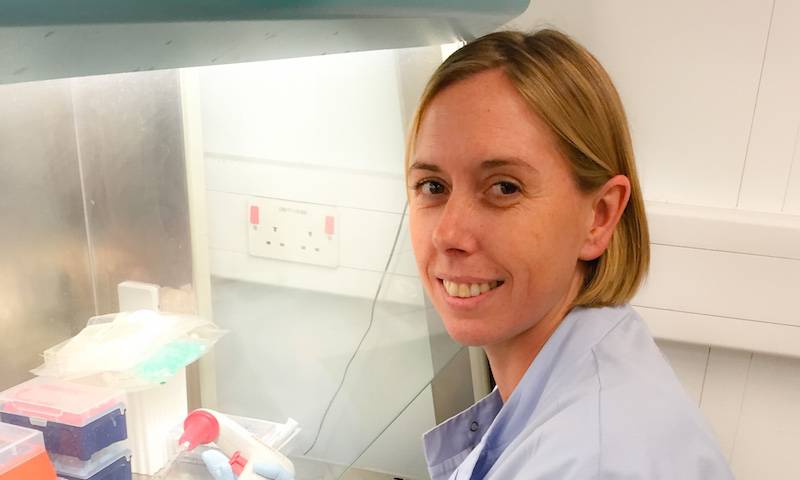
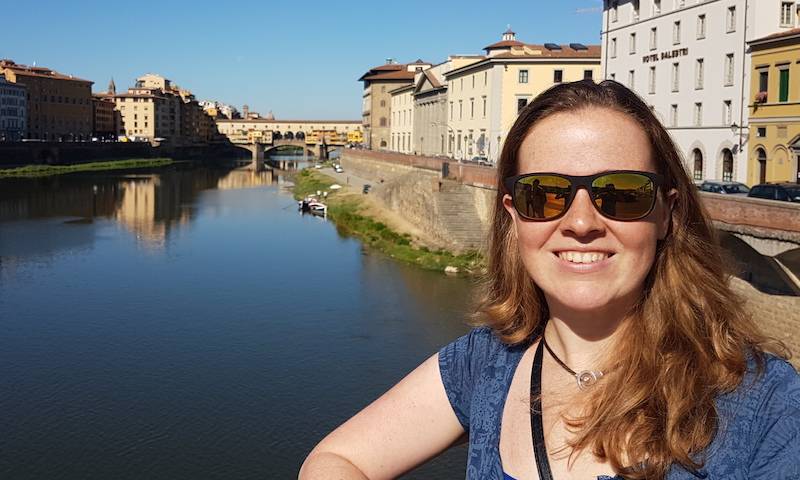
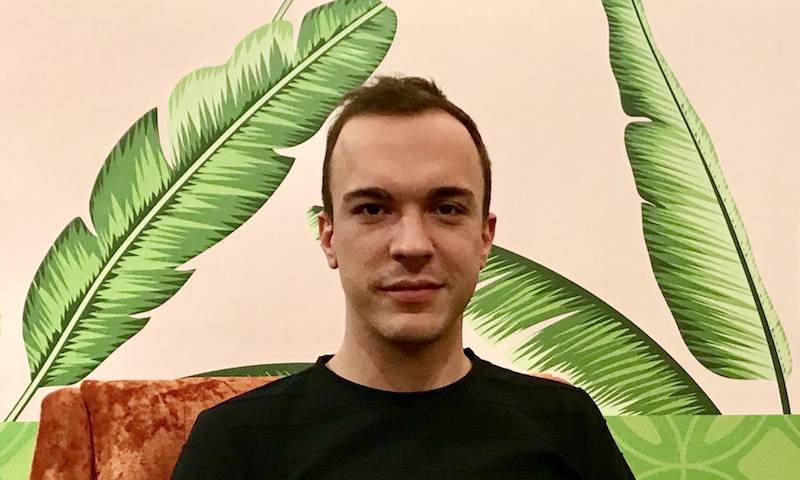
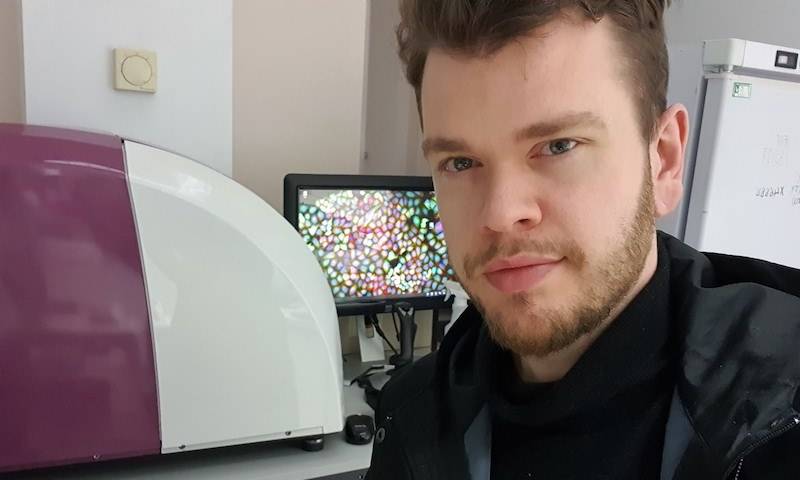
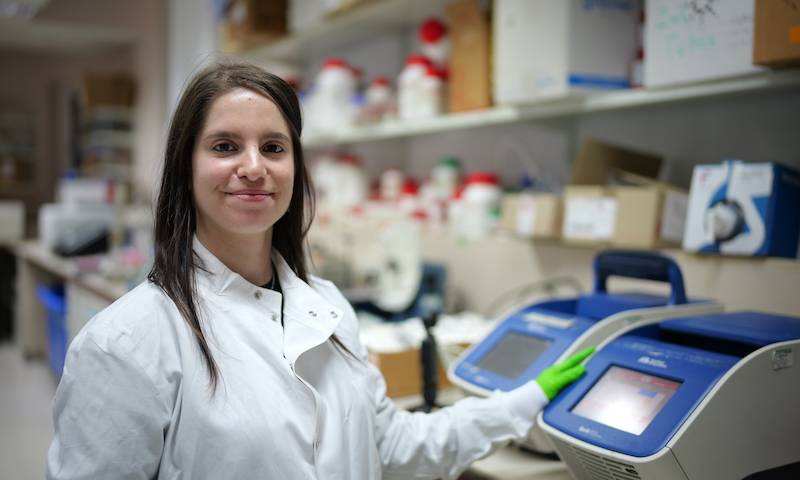
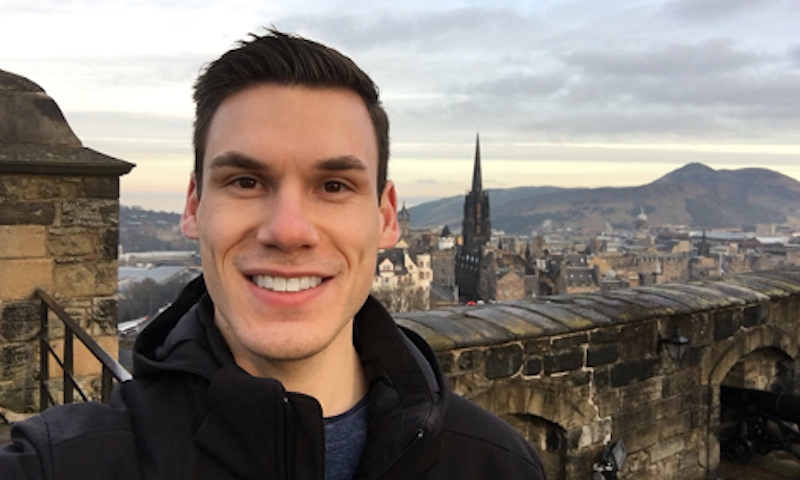
 Close
Close

